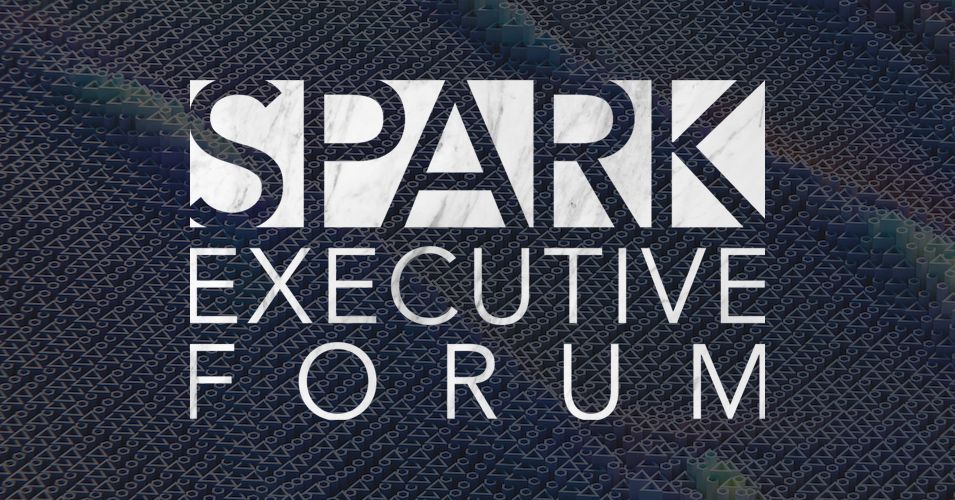How IT Leaders Are Handling the Paradox of Recession
Last week, the Federal Reserve hiked interest rates by 75 basis points, the second such move in recent months designed to combat the growing trend of recession. No matter how you want to label what’s going on with the economy right now, the facts are undeniable. Spending is decreasing, prices are rising rapidly, and the entire enterprise supply chain is feeling the weight of an economic downturn.
This presents a paradox for many organizations, and especially their senior technology executives: How do we limit short-term risk and exposure while keeping our transformation initiatives on track and creating business value?
In recent weeks, we’ve spoken with several of our strategic clients – senior technology executives with whom we have partnered to navigate the past two years of market disruption successfully – on this topic. Here are six action areas that have consistently emerged from those conversations:
Drive Enhanced Financial Transparency
Establishing a “true” cost of IT might sound like simple good hygiene, but most large organizations struggle to achieve full accuracy. When the times call for a lean approach to spending, it becomes ever more crucial to make the real cost of IT transparent for business and technology stakeholders. Reaching that state opens the door to improving forecasting, refining performance metrics, creating variable cost models, and making well-informed decisions on new investments.
Create Leveraged Buying Scenarios
Recession will impact the entire enterprise ecosystem, and tech providers are no exception. They’ll be looking for opportunities to bolster their bottom line and create value. This is a great time to assess your supplier landscape, consolidate, and pivot from transactional relationships to partnerships that create opportunities for mutual value creation and innovation.
Shed Tech Debt
Tech debt will always be a part of the enterprise landscape, from old legacy infrastructure to assets from M&A that were never quite integrated. Even newer investments in cloud, SaaS, automation, and more can weigh down your budgets if they’re not yielding the intended value. A tough economy is the perfect time to have hard discussions about metrics and value creation, so take stock and execute on opportunities to retire tools and infrastructure that are not driving real business results.
Accelerate Financial Agility
Most large technology organizations are moving from CapEx to OpEx as much as possible, but this is the perfect time to accelerate those efforts. In combination with new levels of transparency in the cost of IT and the consolidation of tools and suppliers, you can stimulate iterative prioritization of investments and initiatives – and realize business benefits and value in-quarter. Of course, this isn’t always as easy as it sounds. Transparency can mean new levels of accountability for performance, and it can be challenging to gain consensus on how to distribute the cost of IT across business units.
Uplift Governance and Oversight
Thousands of articles have been written over the years about alignment (or lack thereof) between IT and the business. As Winston Churchill once said, “never let a good crisis go to waste” – and now is the perfect time to reinvigorate the governance discussion, get clarity on IT and business perspectives on value creation and productivity, and take action that drives real accountability and measurable return on investment. In our client engagements, we typically position CIOs and CTOs to lead this effort as a catalyst to strengthen and deepen the relationships between technology and business leaders.
Differentiate with Architecture
Architecting the right standards is often at the heart of transformation efforts, impacting an organization’s ability to effectively implement and govern – and ultimately, to realize value. Right now, companies should be looking to accelerate their shift from a “tech for efficiency” to “tech to compete” mindset with platforms at the top of the architecture stack. That leads to three desirable outcomes: the opportunity to introduce or expand consumption-based models for tech, new levels of technical flexibility, and most importantly, a more dynamic relationship between IT and the business.
None of these six ideas are substitutes for good fundamentals. Technology leaders should always be pushing the envelope on buying the right products and services at the right prices, optimizing their environments, and making smart decisions about investments. As we mentioned in
our last article on this topic, the real danger is changing direction or cutting costs without understanding the impact to the business and to its perspective on IT. That impact – positive or negative – will last long after a recession ends.
Reduce costs, increase agility, and outmaneuver the competition – it all starts by reaching out to us.















